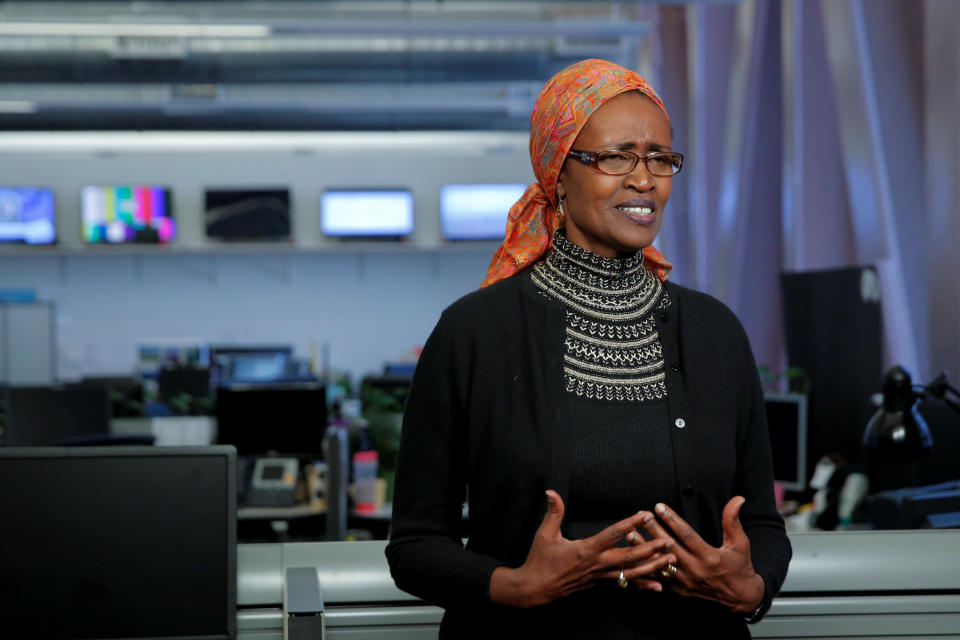‘Talk’s not good enough’: Oxfam chief slaps down Davos elite on inequality

The head of aid charity Oxfam has slapped down the global elite gathered at Davos, telling top CEOs and politicians that talking about inequality is “not good enough.”
Business and political leaders have been discussing the flaws of globalisation all week at this year’s summit, with a bleak mood over its future and debate over how to achieve “inclusive and sustainable growth.”
But Winnie Byanyima, executive director of Oxfam International, gave top firms and government leaders short shrift in a blistering attack at one of its final events today.
“Extreme inequality is out of control. It’s undermining our economies, fracturing our societies, fueling crime and ill health. It’s bad for everyone and yet we just talk about it,” she told them.
READ MORE: EU leaders insist ‘Europe works’ despite globalisation’s failings
“Talking about it is not good enough. It’s a result of political choices governments have chosen to make, and we want businesses to commit to good behaviour, not dodging paying their fair share.”
She blamed huge cuts to income and wealth taxes and the rise of tax havens in recent decades for soaring inequality.
Business chiefs in the room may not have welcomed her assault on an economic model that has “grown to maximise profit for a few owners of capital and cheat everybody else.”
Byanyima accused the leaders of big retail and poultry firms of not paying taxes while people working for them were fired for being pregnant in Bangladesh and forced to wear nappies in US factories as toilet breaks were banned.
Alicia Barcena Ibarra, executive secretary of the UN’s Economic Commission for Latin America and the Caribbean, agreed with Byanyima that tackling inequality need not mean harming economic growth.
“We are proving with numbers there’s no longer this big trade-off in economic thinking – that you either have equality or efficiency.
“The most efficient economies in the world, equality is embedded in their model of development,” she said, pointing to Nordic countries’ success.
The stated mission of the World Economic Forum (WEF), which organises the summit, is to “improve the state of the world” through global co-operation and innovation.
READ MORE: Where is Davos? Guide to the ski resort hosting the global elite
The WEF says its events have helped global figures achieve significant breakthroughs on many economic and political issues since it began in the early 1970s.
But the summit itself has become widely associated with the perceived failures of globalisation, as well as the wealth and power of a transnational elite.
The sight of billionaires and presidents rubbing shoulders and sipping champagne at a ski resort has never helped its image.
Oxfam releases a report on inequality ahead of the summit each year, with its 2019 research suggesting the richest 26 people on the planet have as much wealth as the poorest half of the global population.

 Yahoo Finance
Yahoo Finance 